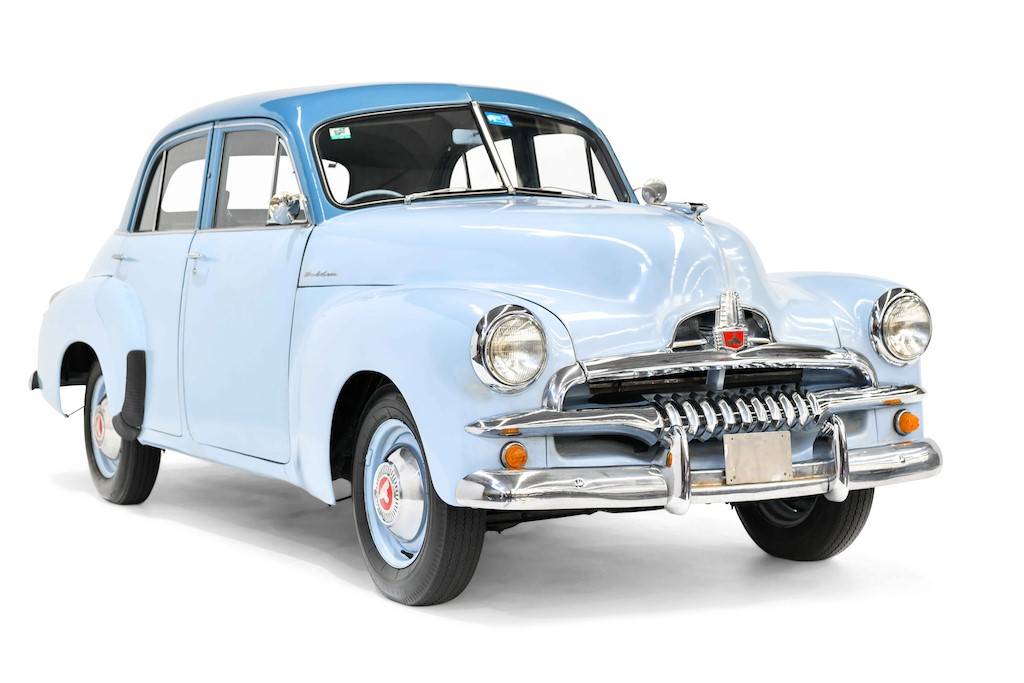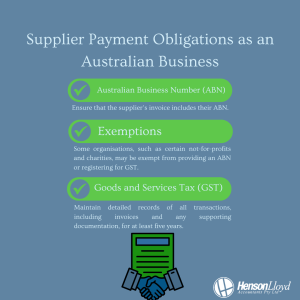You can claim a deduction for motor vehicle expenses that are part of the everyday running of your business. But, you can only claim the business portion if your vehicle is for both business and private use.
Depending on whether you’re a sole trader, partnership, company or trust and the type of motor vehicle you drive (for example, a car, ute or motorcycle), you may be able to use the:
- Cents Per Kilometre Method – For claims up to 5,000 business kilometres per car, at a rate of 72 cents
- Logbook & Actual Cost Method – Where you need to keep a logbook for at least 12 continuous weeks and work out the percentage of business use for each expense. You then claim the actual costs of expenses incurred based on receipts at the business use percentage.
If you use the ‘logbook & actual cost method’, you can generally claim a deduction for depreciation. For the 2020–21 income year, the limit you can use to work out your claim is $59,136, or the cost of the vehicle if it’s under this amount.
You need to keep records showing how you calculated your claim for five years.
Points worth noting;
- Traveling between your home and your place of business is considered private use, unless you are a home based business and your trip was for business purposes.
- GST treatment on motor vehicle expenses will differ based on the method used. The ‘cents per kilometre method’, allows you to claim up to 33.3% of the GST paid if you travel more than 5,000 business kilometres or a lower set percentage if you travel less than 5,000 business kilometres. The ‘logbook & actual cost method’, allows you to claim GST based on your business-use percentage. If you use the ‘logbook method’, then your business use percentage will determine the amount of GST you can claim.
- If your vehicle falls outside the definition of CAR, if it is used substantially for business, you are likely to be able to claim 100% (please call us to discuss)
DEFINITION: Cars are motor vehicles (excluding motorcycles and similar vehicles) that carry loads less than one tonne and less than nine passengers. Many four-wheel drive vehicles are included in this definition.





